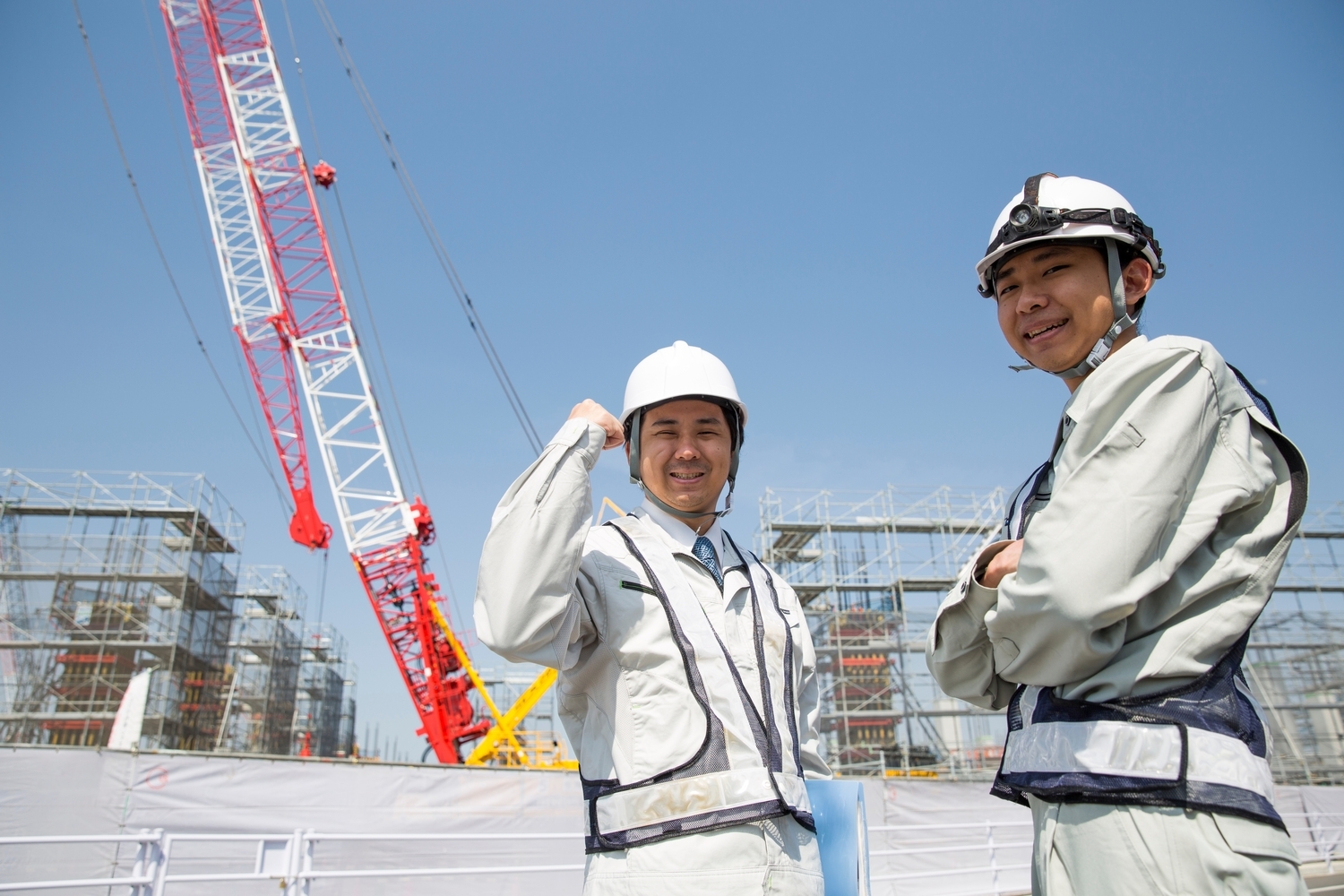Construction Jobs in Japan: An Overview of Opportunities and Challenges
Japan, renowned for its rich cultural heritage and technological advancements, has a construction industry that plays a pivotal role in its economy. With the government’s ongoing investment in infrastructure projects, urban renewal, and preparations for events like the Tokyo Olympics (delayed to 2021 due to the pandemic), the demand for construction jobs has surged. This article provides an in-depth look into the construction job landscape in Japan, highlighting the opportunities, challenges, and insights for potential job seekers and industry stakeholders.

1. The Construction Industry Landscape in Japan:
Japan’s construction industry is a cornerstone of its economic infrastructure. It encompasses a wide range of activities from building residential and commercial structures to large-scale infrastructure projects like highways, bridges, and railways. The industry has seen a steady demand due to various factors such as urbanization, an aging infrastructure, and disaster resilience efforts.
2. Types of Construction Jobs:
The construction sector in Japan offers a diverse array of job roles, including but not limited to:
– Skilled Trades: Carpenters, electricians, plumbers, and masons responsible for the hands-on aspect of construction.
– Technical Staff: Surveyors, scaffolding specialists, and heavy machinery operators handling more technical and safety-focused tasks.
– Management Positions: Project managers, site supervisors, and safety officers overseeing project timelines, workforce management, and adherence to safety protocols.
– Design and Planning: Architects, civil engineers, and urban planners who craft the blueprint and ensure structural integrity.
3. Demand Drivers:
Several factors drive the demand for construction workers in Japan:
– Aging Infrastructure: Many of Japan’s infrastructure elements, designed several decades ago, now require extensive renovation or replacement.
– Urban Renewal: Dense urban areas are continuously transformed to accommodate new businesses, residential needs, and public spaces.
– Disaster Preparedness: Given Japan’s susceptibility to natural disasters like earthquakes and typhoons, robust construction standards and continuous updates to existing structures are essential.
– International Events: Events like the Tokyo Olympics spurred a temporary spike in construction jobs to build stadiums, hotels, and related infrastructure.
4. Opportunities for Foreign Workers:
Facing a domestic workforce shortage due to demographic shifts, Japan has opened its doors to foreign workers, especially in the construction sector. Initiatives like the Technical Intern Training Program (TITP) and specified skill visas provide pathways for foreign nationals to work and gain experience in Japan.
Key Considerations for Foreign Workers:
– Language Proficiency: Learning Japanese is beneficial as it facilitates better communication and integration into the workforce.
– Cultural Adaptation: Understanding Japanese work culture, which emphasizes punctuality, respect, and teamwork, is crucial.
– Legal Compliance: Ensuring proper work visas and understanding labor laws helps in a smooth employment experience.
5. Challenges in the Construction Sector:
Despite the opportunities, the construction industry in Japan faces several challenges:
– Labor Shortage: The aging population and younger generations’ lack of interest in manual labor jobs lead to workforce gaps.
– Technological Adaptation: Integrating new technologies, such as AI and robotics, in traditional construction practices requires substantial investment and training.
– Safety and Health: Ensuring worker safety and addressing physical and mental health issues is critical, especially in a demanding industry like construction.
The construction sector in Japan presents significant opportunities for both domestic and international workers, driven by a steady demand for infrastructure development and urban renewal. While the industry faces challenges such as labor shortages and technological adaptation, the emphasis on skilled labor and safety ensures a robust framework for growth and innovation. By understanding the landscape, leveraging opportunities, and addressing challenges, job seekers and industry stakeholders can navigate the construction job market in Japan successfully.
Japan’s commitment to building a resilient and modern infrastructure offers a promising horizon for those willing to contribute their skills to this vital industry. Whether you are a skilled tradesperson, an engineer, or considering a career shift, the construction industry in Japan is a field ripe with possibilities and growth.


